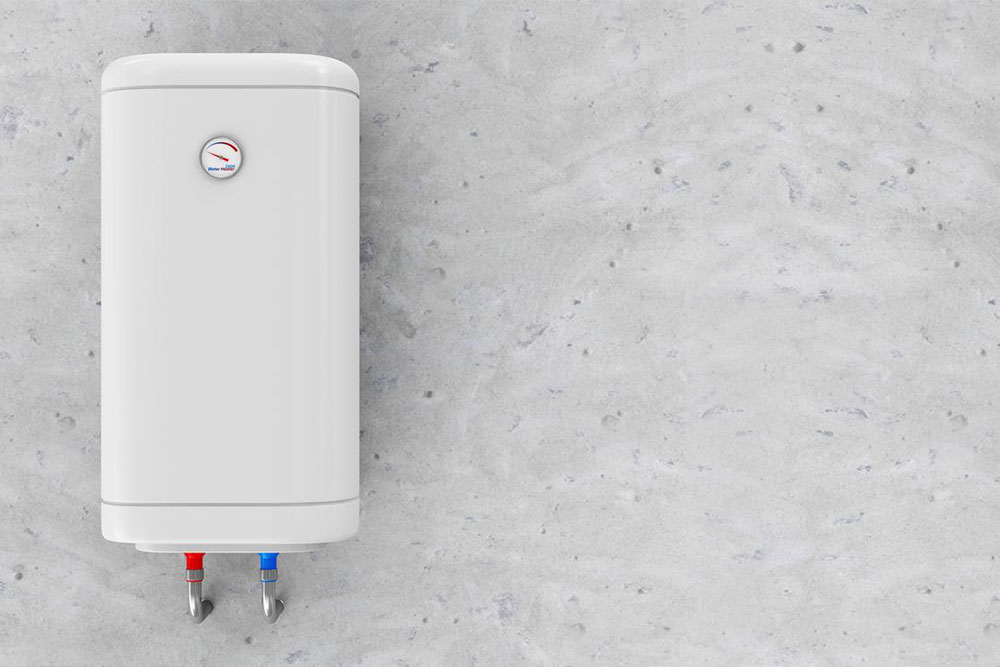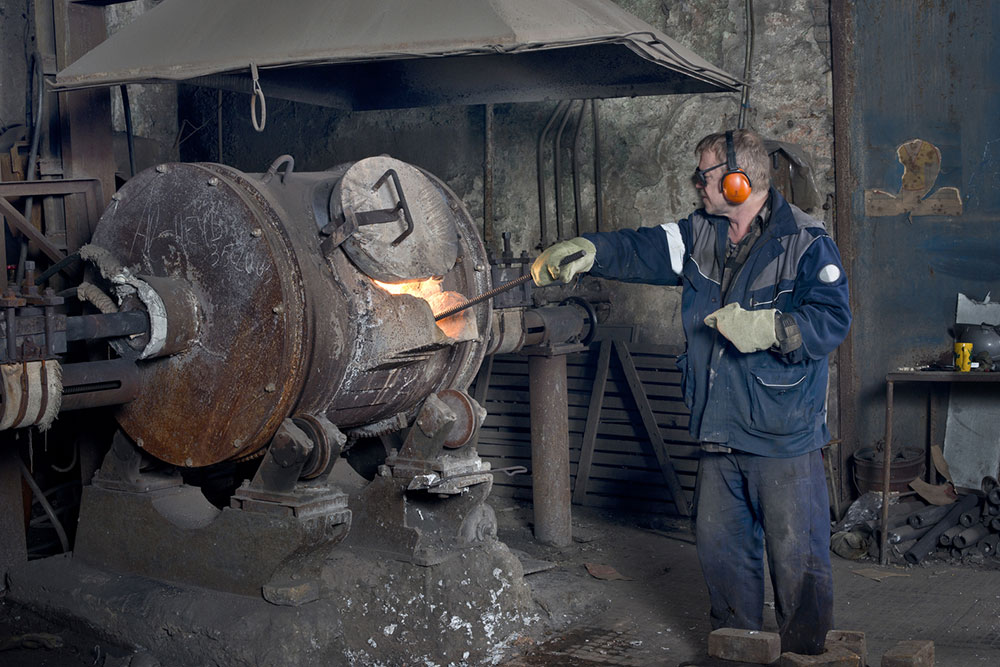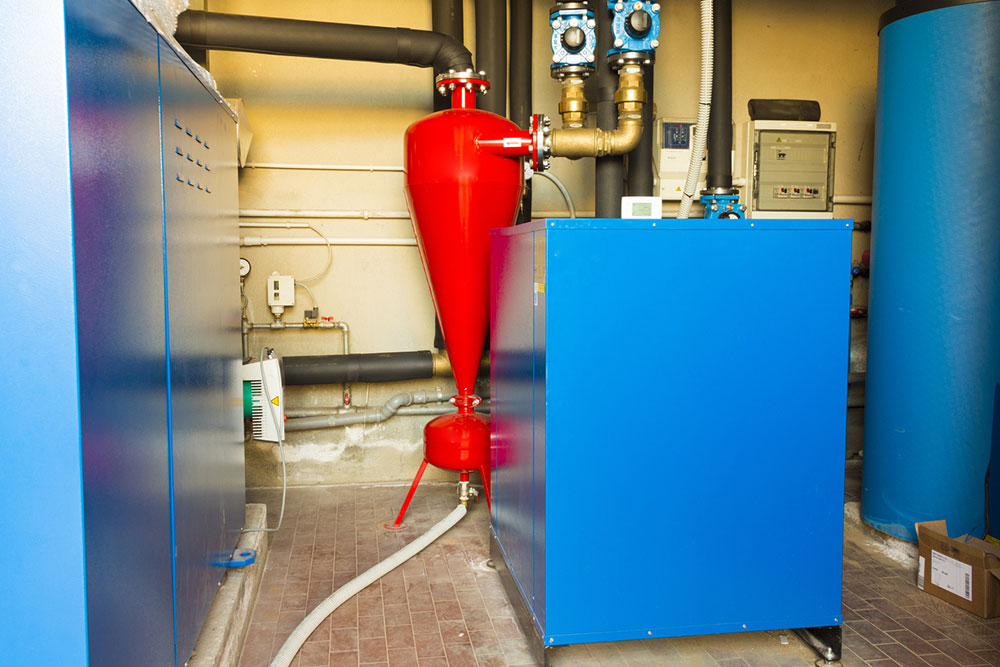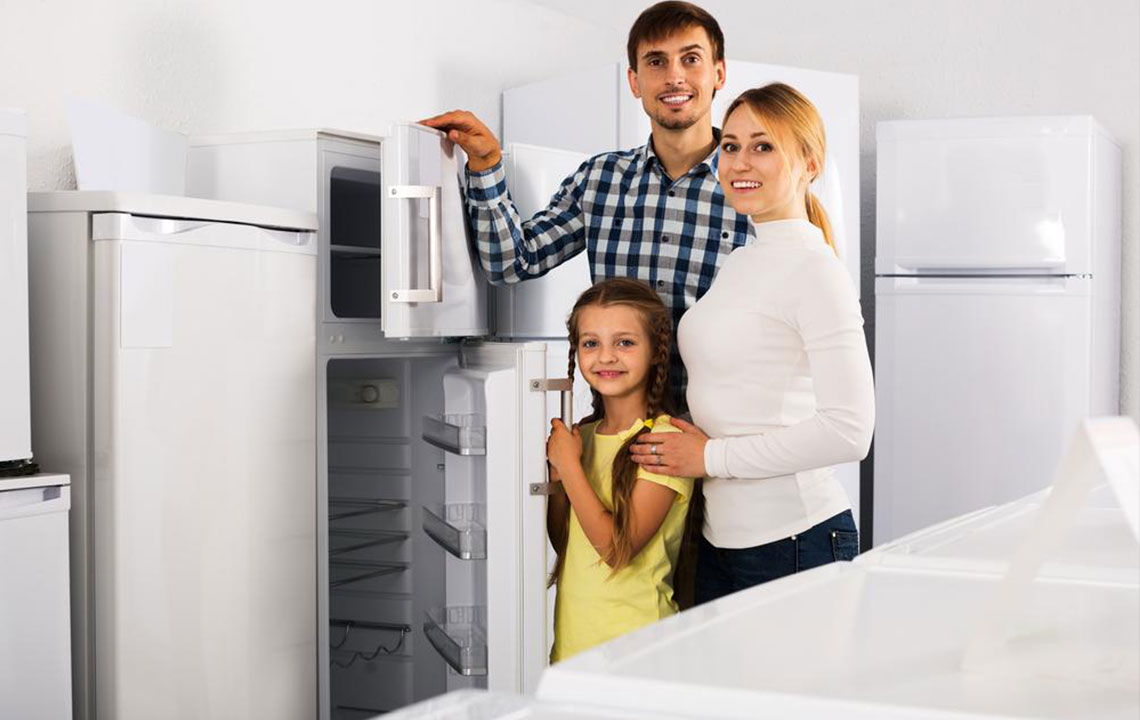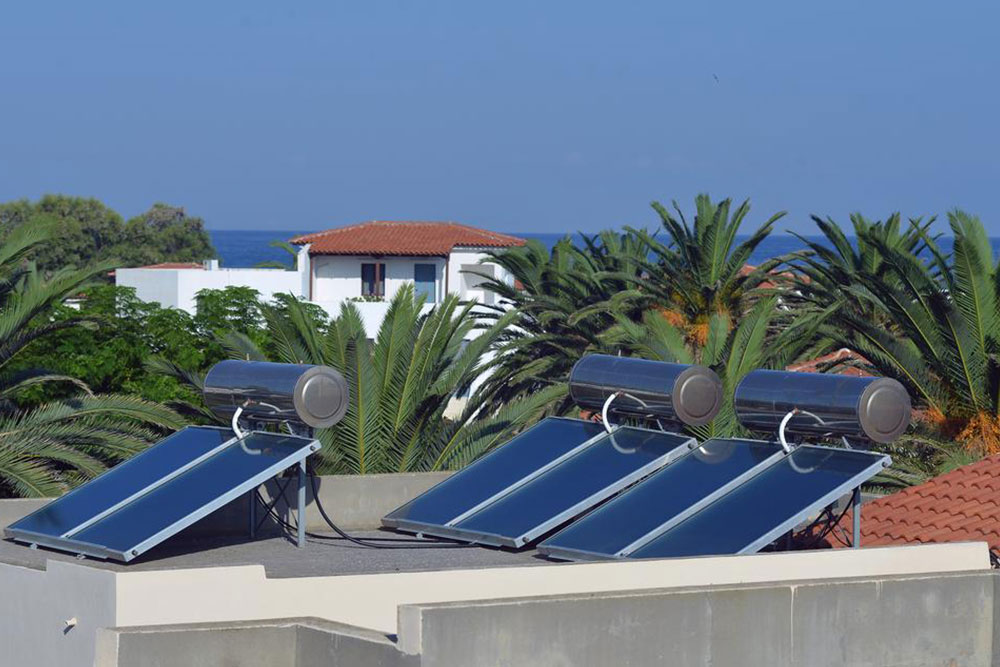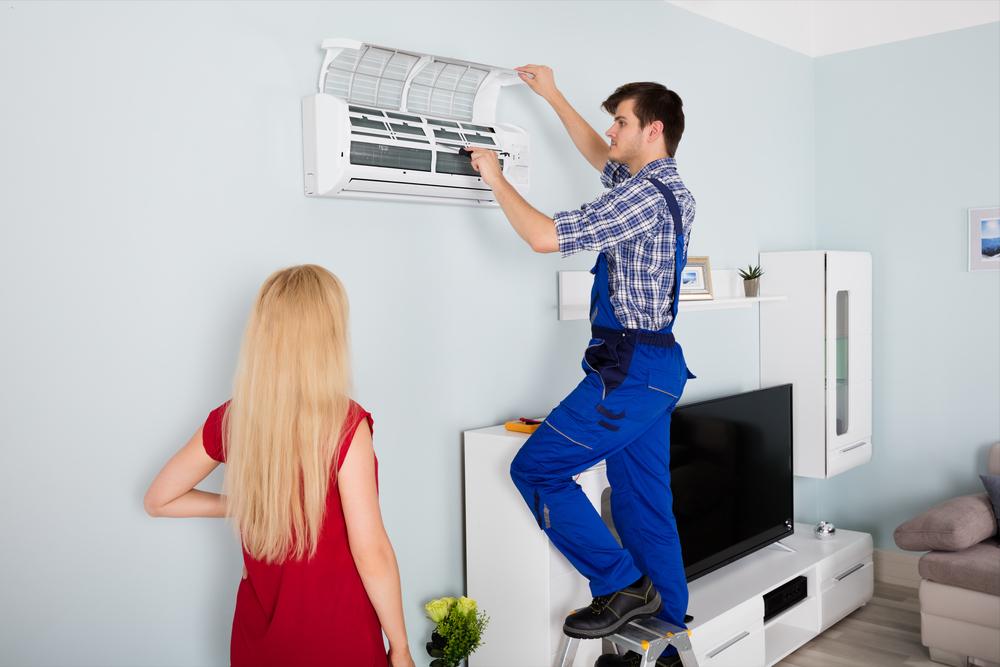Essential Guide to Selecting the Perfect Home Boiler
This comprehensive guide covers essential aspects of choosing the right home boiler, including types, fuel options, and costs. It helps homeowners understand their options to select a system that maximizes efficiency, comfort, and reliability. Detailed explanations on boiler types like combi, system, and conventional models, along with fuel choices like gas, oil, and electric, ensure informed decision-making for best performance and value tailored to household needs.
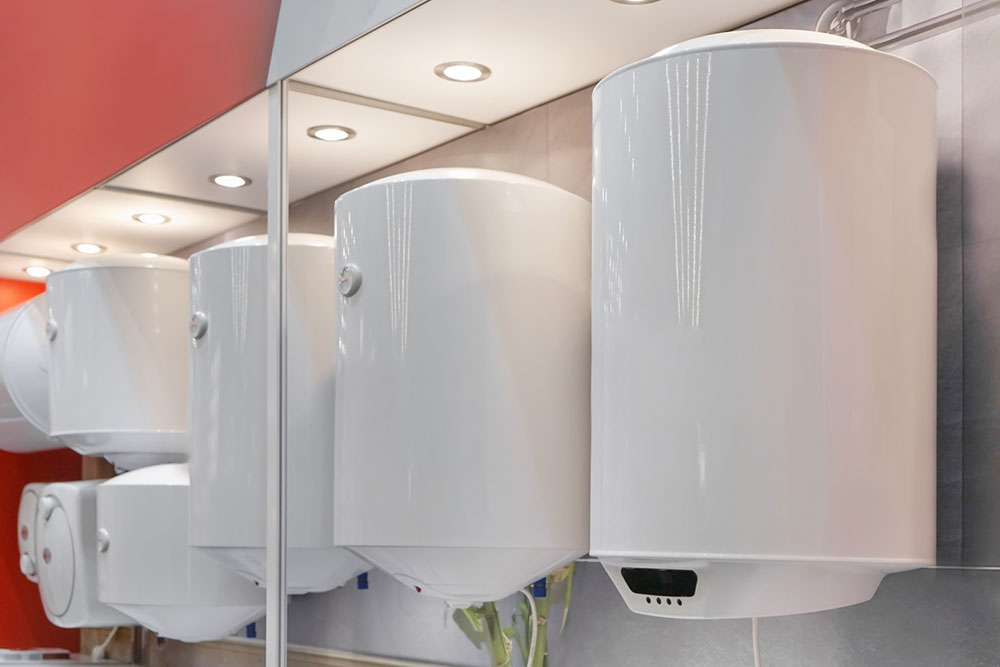
Choosing the Right Boiler for Your Home
What is a boiler?
A boiler is a heating device for homes that heats water in a tank, similar to a traditional water heater. The heated water then circulates through pipes to radiators, providing warmth throughout the house.
Boilers can operate using various fuels such as natural gas, propane, oil, or electricity. It's important to ensure compatibility with radiators, which are designed to work with either hot water or steam, but not both.
Types of boilers
To make an optimal choice, understanding different boiler types is essential. Each design caters to specific household demands.
Combi (Combination) Boilers
These compact units supply both heating and hot water, eliminating the need for a separate storage tank. They are energy-efficient and ideal for small homes due to their on-demand hot water feature. However, their flow rate is limited, and water pressure may decrease when multiple taps operate simultaneously, making them suitable for residences with moderate hot water needs.
System Boilers
Requiring a hot water cylinder, these boilers are straightforward to install and can supply hot water to several outlets simultaneously without pressure loss. They are more energy-efficient than traditional models because they minimize heat loss from the tank but require more space due to the cylinder needed.
Conventional (Regular) Boilers
Larger in size, these boilers need both a cold-water tank and a hot water cylinder. They are well-suited for larger homes with existing radiator systems, capable of delivering substantial hot water to multiple taps. Reheating is slower, and hot water supply may run out if demand exceeds capacity, so they are best for households with consistent hot water needs.
Fuel Types for Boilers
The choice of fuel impacts operating costs, installation requirements, efficiency, and environmental footprint. Common options include:
Gas Boilers
Widely used, these boilers require a connection to gas mains. They tend to be more affordable and efficient, especially with modern condensing models. Regular safety inspections are necessary to prevent gas leaks and ensure proper functioning.
Oil Boilers
Suitable for areas lacking gas mains, oil boilers use an oil tank and generally offer reliable and efficient performance. Fluctuating oil prices can influence ongoing costs, but these boilers are cost-effective in regions with affordable oil supplies.
Electric Boilers
These units use electricity for heating, making them ideal for locations without gas or oil infrastructure. Compact and easy to install, electric boilers are a practical choice for smaller spaces.
Cost Considerations
The price of a boiler varies based on size, type, and installation complexity. Typical installation costs range from $4,000 to over $15,000. Although the initial expense can be high, a well-installed boiler can last 15-20 years, making it a worthwhile investment. Replacement costs typically fall between $1,200 and $16,000.
Note: Our blog provides a broad overview of topics, offering insights based on research and data. However, information may not be definitive, and readers are encouraged to verify details independently. The website is not responsible for discrepancies or omitted offers and schemes that may benefit users more than what's covered here.

